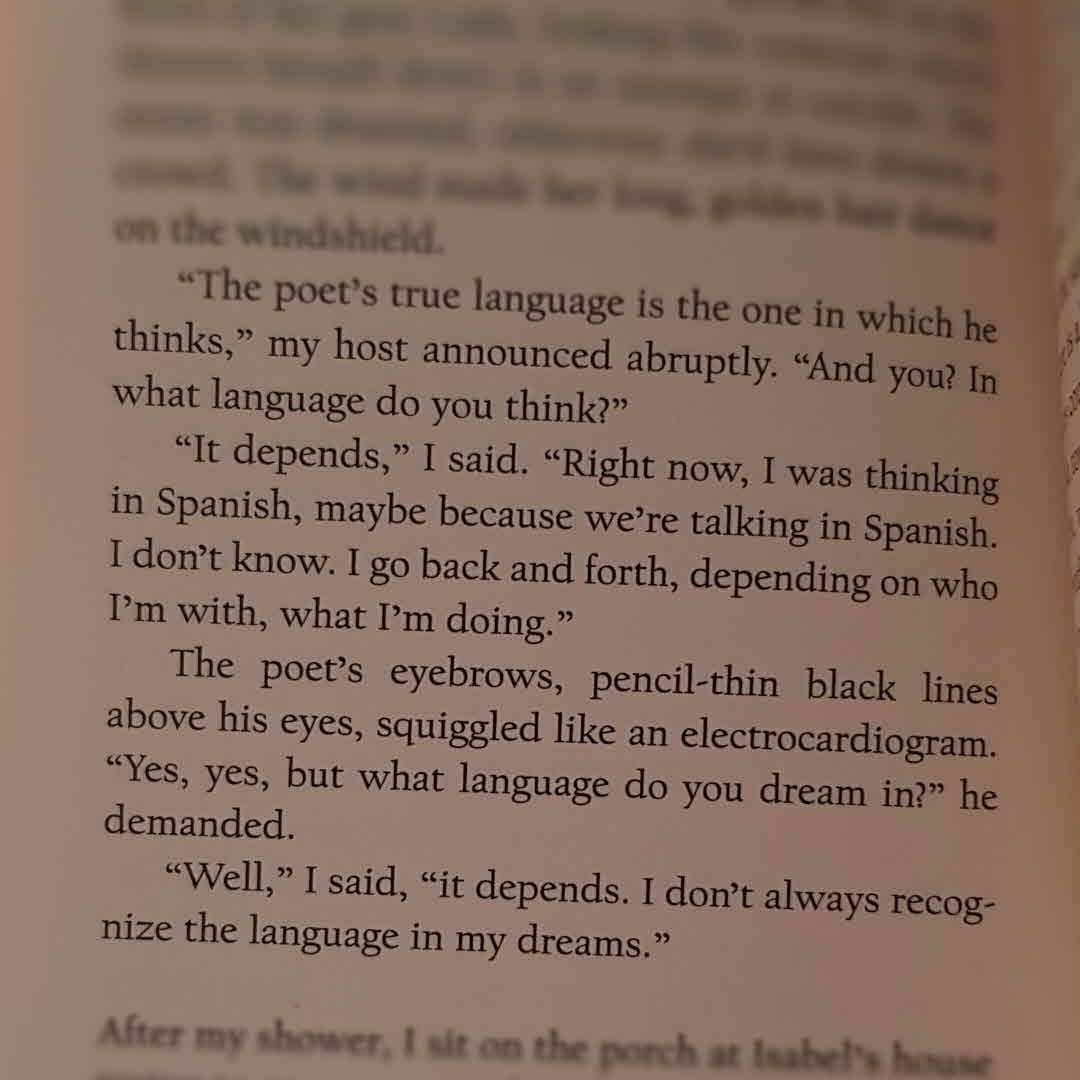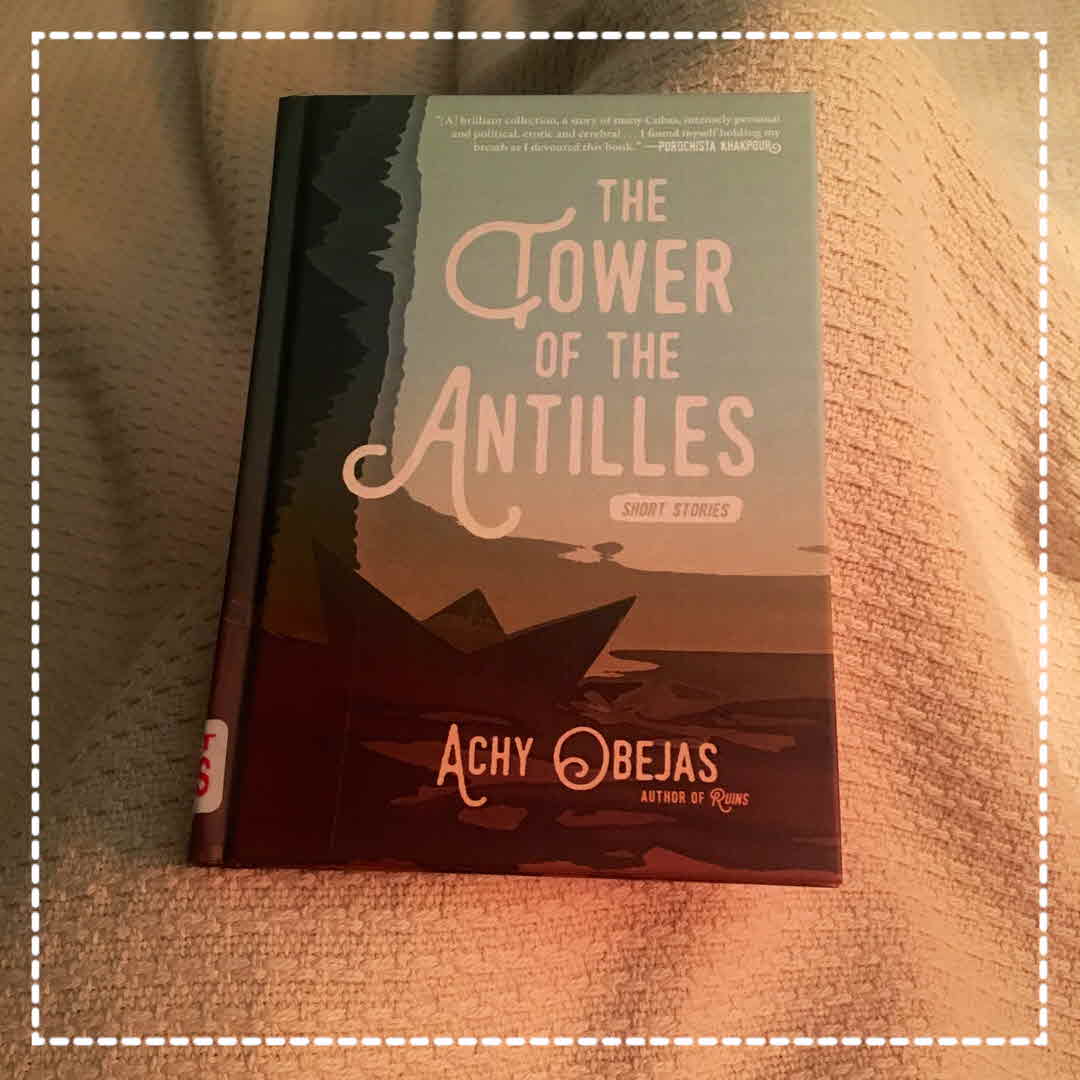The Tower of the Antilles | Achy Obejas
"For twenty years I�ve been a fan of the genius Achy Obejas--since I first read Memory Mambo in 1996. Obejas has been the model of a writer for me in every way--a master in her aesthetics, an inspiration in her politics, fearless and vital in every page. The Tower of the Antilles is another brilliant collection, a story of many Cubas, intensely personal and political, erotic and cerebral. I found myself holding my breath as I devoured this book, as I navigated the various avenues of the body, the blood, and all those seemingly impossible roads that lead to a place we try to call home." --Porochista Khakpour, author of The Last Illusion "These stories are like a long dream of many parts, mixed desire, love, longing, anger�Obejas is a master of the human, able to conjure her characters� heartbeats right under your fingertips, their breaths in your ears." --Alexander Chee, author of The Queen of the Night "Achy Obejas's new story collection begins and ends with a question: What is your name? The answer is an abounding one. Counterrevolutionaries, the witnesses to the arrival of Columbus's caravels, poets, Superm�n--the characters in these stories, in all their riveting variety, name themselves as Cuban, and are bound in complex ways by the geography of their hearts, if not the geography beneath their feet. An audacious and remarkable read!" --Chantel Acevedo, author of The Distant Marvels Praise for Achy Obejas: "Obejas writes like an angel, which is to say: gloriously...one of Cuba's most important writers." --Junot D�az The Cubans in Achy Obejas's story collection The Tower of the Antilles are haunted by an island: the island they fled, the island they've created, the island they were taken to or forced from, the island they long for, the island they return to, and the island that can never be home again. In "Superm�n," several possible story lines emerge about a 1950s Havana sex-show superstar who disappeared as soon as the revolution triumphed. "North/South" portrays a migrant family trying to cope with separation, lives on different hemispheres, and the eventual disintegration of blood ties. "The Cola of Oblivion" follows the path of a young woman who returns to Cuba, and who inadvertently uncorks a history of accommodation and betrayal among the family members who stayed behind during the revolution. In the title story, "The Tower of the Antilles," an interrogation reveals a series of fantasies about escape and a history of futility. With language that is both generous and sensual, Obejas writes about lives beset by events beyond individual control, and poignantly captures how history and fate intrude on even the most ordinary of lives.



